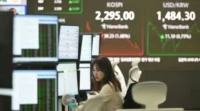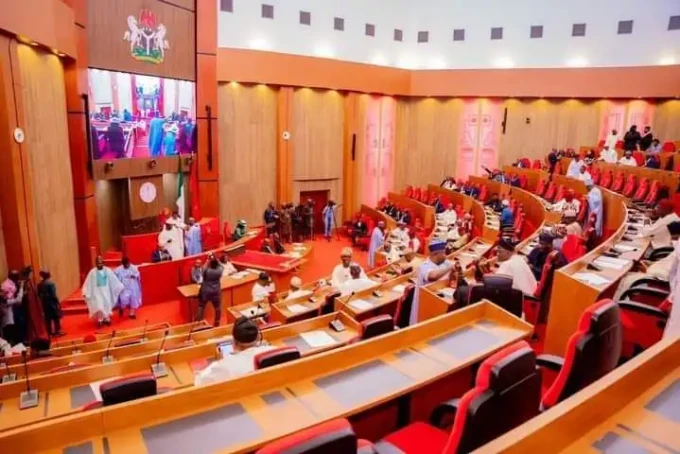Global inflation has been a focal point for policymakers and economists worldwide, as it significantly influences economic stability and growth. Recent developments indicate a complex interplay between inflationary pressures, economic growth, and trade policies.
In Tokyo, central bankers and academics convened to address pressing economic challenges, including sluggish growth and persistent inflation. The conference, hosted by the Bank of Japan, underscored the difficulty of balancing inflation containment with growth preservation, especially amid volatile markets and ongoing U.S. tariffs. Japan, grappling with rising food prices and a 3.5% core inflation rate, exemplifies the struggle to achieve price stability. (reuters.com)
In the United Kingdom, Bank of England Monetary Policy Committee member Alan Taylor downplayed recent higher-than-expected inflation and GDP growth figures. He attributed the April inflation rise to temporary factors like energy and water bill increases, not underlying demand pressures. Despite a 0.7% GDP growth in Q1 and inflation hitting 3.5%, Taylor emphasized the need for interest rate cuts due to growing economic uncertainty, particularly influenced by global trade disruptions. (ft.com)
The global economy has shown unexpected resilience despite concerns about trade tensions initiated by U.S. President Donald Trump’s tariff policies. Recent data from the U.S., China, and Europe indicate modest growth, supported by front-loaded trade activity as businesses anticipated potential tariffs. This surge, termed a “sugar rush” by analysts, may be temporary, but Trump’s decision to pause tariffs and signs of progress in trade talks have fostered cautious optimism. (reuters.com)
In the United States, Federal Reserve President John Williams emphasized the necessity for central banks to respond decisively when inflation deviates from target levels. He highlighted challenges presented by economic uncertainties, including those stemming from U.S. tariffs and trade policies. Williams cautioned against allowing inflation expectations to become unanchored, as this could lead to persistent inflation. (reuters.com)
The International Labour Organization (ILO) has revised its global employment growth forecast for 2025, reducing it to just 1.5%, equating to 53 million new jobs—seven million fewer than previously predicted. This adjustment follows a downgrading of global economic growth expectations, influenced by persistent geopolitical conflicts, shifting economic alliances, and heightened trade tensions. The ILO warns that jobs dependent on U.S. consumer demand are increasingly at risk, with Canada and Mexico particularly vulnerable. (reuters.com)
The Organisation for Economic Co-operation and Development (OECD) has warned that Donald Trump’s trade war is significantly damaging the global economy, lowering growth forecasts for numerous G20 countries. Global growth is projected to slow to 3.1% in 2025 and 3% in 2026, with sustained inflation. The most substantial growth revisions are for Canada and Mexico due to 25% tariffs on their imports to the U.S., with Canada’s growth halved and Mexico facing a recession. The OECD emphasizes the need for countries to collaborate within the global trading system to prevent escalating trade barriers, warning of severe economic consequences, including reduced living standards, higher inflation, and increased interest rates. (ft.com)
Looking ahead, global inflation is projected to decline steadily, easing from 4.5% in 2024 to 3.5% in 2025. However, this trajectory may face challenges due to persistent services and wage inflation in several parts of the world, leading to desynchronized monetary policy responses. Risks to the global inflation outlook are tilted to the upside, given the prospects of increased protectionism, geopolitical tensions, derisking, and demographic constraints. (ey.com)
In summary, while there are signs of resilience in the global economy, inflationary pressures remain a significant concern. Policymakers are navigating a complex landscape, balancing the need to control inflation with the imperative to sustain economic growth amid evolving trade dynamics and geopolitical uncertainties.












Can we really trust predictions on global inflation trends? It feels like a game of economic roulette. Time will tell!
Could global inflation lead to a resurgence of bartering systems? Imagine trading a goat for your groceries!
I still cant wrap my head around how global inflation affects us all. Anyone else feeling lost in this economic maze?
Is global inflation just a temporary hiccup or a sign of impending economic doom? Im leaning towards the former, but who really knows? 🤔
Wow, did you guys catch that article on global inflation trends? What do you think about the impact on developing countries? #economicsdebate
I wonder if global inflation is just a temporary hiccup or a sign of bigger economic trouble ahead. What do you guys think?
Im not convinced that global inflation is as big a threat as theyre making it out to be. What do you all think?
I think the article missed the mark on discussing how inflation affects everyday consumers. Its not all about big economic trends!